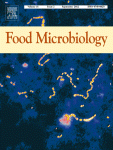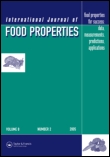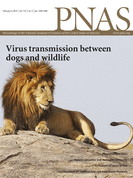 The journal Food Microbiology has pulled a 2012 paper on pork processing which, as we reported earlier, contained salami-sliced data.
The journal Food Microbiology has pulled a 2012 paper on pork processing which, as we reported earlier, contained salami-sliced data.
The article, “Bayesian inference for quantifying Listeria monocytogenes prevalence and concentration in minced pork meat from presence/absence microbiological testing,” came from a group at the Department of Food Science and Technology at the Agricultural University of Athens, in Greece.
According to the notice: Continue reading Unkosher reuse of data forces retraction of minced pork paper







